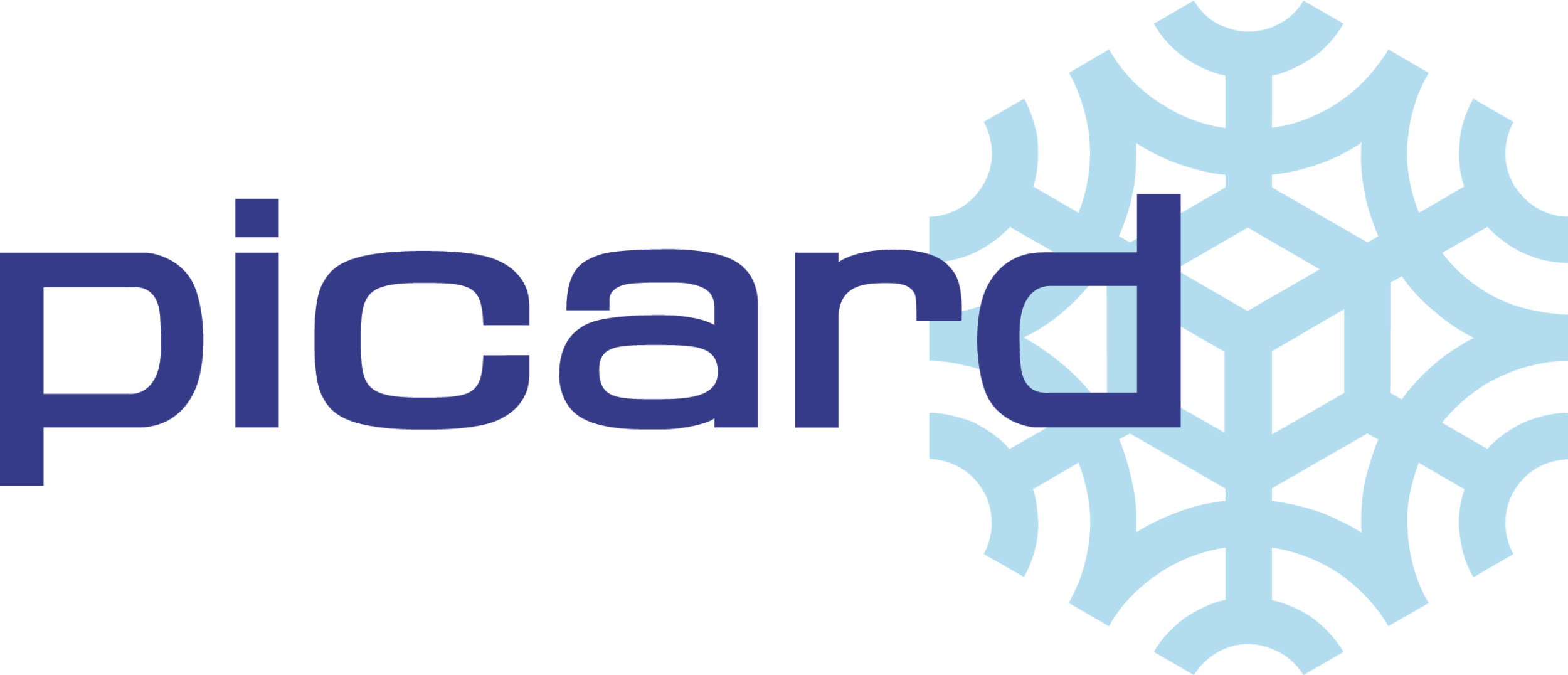News & Monitoring
Picard is 100% committed to FRET21
Category: portraits | Published on : 5/03/21
PORTRAIT
CSR has always been at the heart of the Picard Group's strategy. Thanks to the FRET21 system, the sustainability and transport functions coordinate to work together to reduce the carbon footprint. All of the company's shops in France are involved.
"FRET21 is the tool we needed to refine the measurement of our carbon emissions, structure our actions and identify our action levers," explains Vincent Prévot, Head of Transport at Picard, a French company specialising in frozen food. By committing itself in 2020 to the scheme run by ADEME and AUTF, the group intends to reduce its transport greenhouse gas emissions by 10% by 2022. Although CSR (Corporate Social Responsibility) has been at the heart of Picard's strategy for many years, the actions of the company's various functions were not coordinated. Today, " sustainability and transport are working hand in hand and no longer side by side", Vincent Prévot is delighted to say. The strategic plan, drawn up for joint work, concerns all the shops in France, Belgium and Luxembourg. The transport flows to supply these 1,024 points of sale were observed: the flows that link the transporters' platforms in the 8 production basins and the 7 Picard distribution platforms, the drafts carried out between the different Picard distribution platforms, the flows that link the Picard platforms and the shops directly, and the flows that transit through the transporters' platforms in the regions before being distributed to the shops.
Mobilised teams
To achieve its objective FRET21, Picard and the consulting firm CPV Associés, which is working with it as a referenced service provider FRET21, have identified 11 initiatives to improve the logistics organisation. The emissions reductions associated with each initiative have been calculated using the EVE programme tools. Each initiative is led by a referent and articulated by Mickaël Moya, project manager sustainability and referent FRET21 within the group.
The most impactful action in Picard's overall commitment is the deployment of biogas vehicles in upstream and downstream transport, complemented by the opening in November 2020 of a biogas station in the South-West, in a public-private partnership, " a project that took three years to get off the ground ", recalls Vincent Prévot. On the basis of these biogas flows, Picard also wants to equip 100% of its vehicles with environmentally friendly nitrogen cryogenic cooling units. For upstream flows, Biogas should also be adopted, in collaboration with the carrier Jacky Perennot, already widely recognised for the deployment of the technology in its fleets. The switch to Biogas and the installation of alternative cooling units for many flows would allow a significant reduction in GHG emissions.
Transporters are partners, not service providers
We are in a transitional phase," explains Vincent Prévot. Until now, we have accompanied our transporters by providing advice, presenting guidelines, etc. Today, with Today, with FRET21, it is an obligation, with specifications that they must respect. However, the transport manager does not want a classic shipper-provider relationship. "The twenty or so companies that work with us on both the upstream and downstream sides are partners that we are supporting so that 100% of them will have the Objective CO2 label by the end of the commitment period FRET21, in 2022. Support is planned and contract periods extended to at least three years. The investments required to switch to gas or hydrogen can be considered colossal for many transporters and the support of their customers encourages them to take the plunge. "CSR is not just about reducing greenhouse gases. It is also about working together with respect for one's partners", emphasises Gérald Townsend, head of sustainability. The Fair Fret system is part of this mindset. Developed within the framework of Club Déméter, it is an evaluation grid that enables shippers and carriers to adopt a common approach to social, societal and environmental balance. With Postic transport, Picard has signed a charter, with a joint self-assessment process and has undertaken various actions to climb the levels of sustainability together.
Optimising deliveries
In addition to the alternative energies used, Picard is working to optimise its deliveries through various actions. The extensive use of the TMS for upstream flows has made it possible to identify the largest massification basins and to improve order planning with a view to improving the fill rate. " We are looking to send out as many full trucks as possible. By 2022, we want to increase the number of pallets per transport order in the upstream sector from 10 to an average of 20," explains Vincent Prévot. This corresponds to a fill rate of around 60% on shared transport. By 2025, the transport manager even hopes to reach 80%. Picard is considering other ways of optimising Filling Rate. Still at the reflection stage, the eco-design of the packaging of certain products would make it possible to increase the number of layers on a selection of references in order to increase the number of tonnes transported per vehicle. This approach would involve the Purchasing and Supply, Marketing and Transport departments.
Waiting for the train
For the moment, the Picard group's logistics are based entirely on road transport. However, encouraged by the government's recent statements on rail freight, Vincent Prévot is considering the development of certain road-rail transport lines, provided that the operational opportunities are identified. " Initially, we would like to reach one in ten journeys made by road-rail from the production basins in Brittany and the north of France to the Sorgues platform managed by Stef. The opening of a third line to the Rhône-Alpes region is also being considered. Fret SNCF, aware of the role it has to play in the country's energy transition, must continue to work on the regularity, punctuality and traceability of its wagons. The technological innovations of recent years and the growing commitment of local companies in this area are good sources of motivation...



